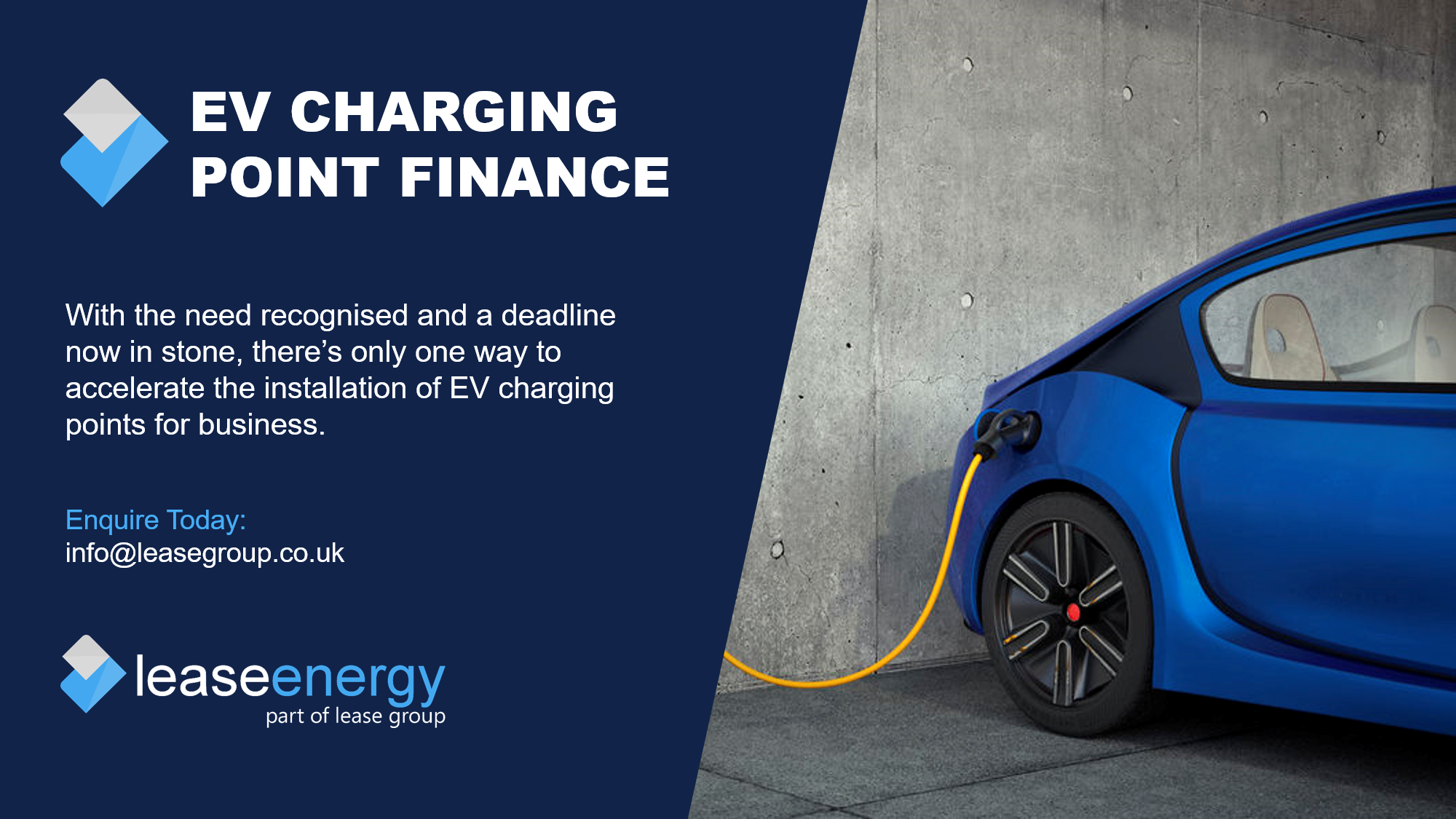It’s 2021, so it’s no surprise that electric vehicles are grabbing more and more headlines in the motor industry. Established manufacturers demoing their wares and pioneering brands such as Tesla showcasing new models and improved tech, it’s coming thick and fast as the UK market counts down to the proposed 2030 petrol and diesel ban.
And whilst we are all aware of the fundamental reasons and benefits for going electric, the practical questions of how and when we do so remain unanswered for many businesses still fuelling their company cars, vans and trucks.
In this post I will focus more on the ‘how’, as the ‘when’ will take care of itself.
OK, so leasing is hardly new news to the business car leasing market – in fact it makes so much sense that 9/10 company vehicles are leased rather purchased outright.
As the electric vehicle market grows, leasing will remain the Finance Director’s payment method of choice, due to the cash-flow, accounting and tax benefits on offer.
But as we plan the transition from petrol to electric, businesses must consider the additional factor of how and where vehicles will be charged.
A company with 5 electric vehicles is forecasted to need as many as 10 electric vehicle charging points, 5 at the business premises, 5 at residential properties. The cost of installing and maintaining a charging point can exceed £1,000 per vehicle, meaning a typical capital outlay of £10,000 for a fleet of 10 cars.
For most businesses, fronting £10K to power their vehicles might be a strong enough reason to put off going electric, particularly in the current climate. However, it should be noted that leasing applies just as much to the electric vehicle charging point as it does to the vehicle itself.
That’s right, the complete sum of £10K – which includes the charging points, wiring and all associated installation costs, can be spread across 1 – 5 years, meaning a fully amortised repayment on not just the vehicles, but the tech needed to keep your team fully charged at work and at home.
Leasing has a number of benefits, as many FD’s will know. Not only will your business be spreading the cost over a more manageable term, you’ll benefit from tax relief too – as each payment is 100% tax allowable – meaning a typical saving of 20% versus buying the equipment outright.
Other benefits of leasing business equipment and technology include:
- VAT is charged on the smaller payments and not the large fee at the start
- Payments are fixed for the term
- One rental can include all equipment and ancillary costs i.e. consultancy, installation, training and maintenance
- Keep your credit lines intact — Leasing does not affect any of your existing credit lines
- You are free to upgrade, make additions, or settle the finance agreement at any point
- Flexible options at the end of the Lease – including indefinite ownership
What’s more, further assistance is available in the form of the workplace charging scheme (WCS), with up to £350 per charging socket available to applicants.
The process of leasing your electric vehicle charging points is actually straight-forward too. Just as you would with any cash-sale, speak with your charging point provider about your requirements. As the discussion progresses to pricing, be sure to state that you are looking to spread the cost via leasing. Your charging point provider will be able to quickly quote a repayment based on the capital value of the sale – it’s then simply a case of confirming the term and agreeing to proceed with a credit check on your business.
Once the credit and project plan is agreed, you’ll be required to sign associated documents to get your installation underway.

